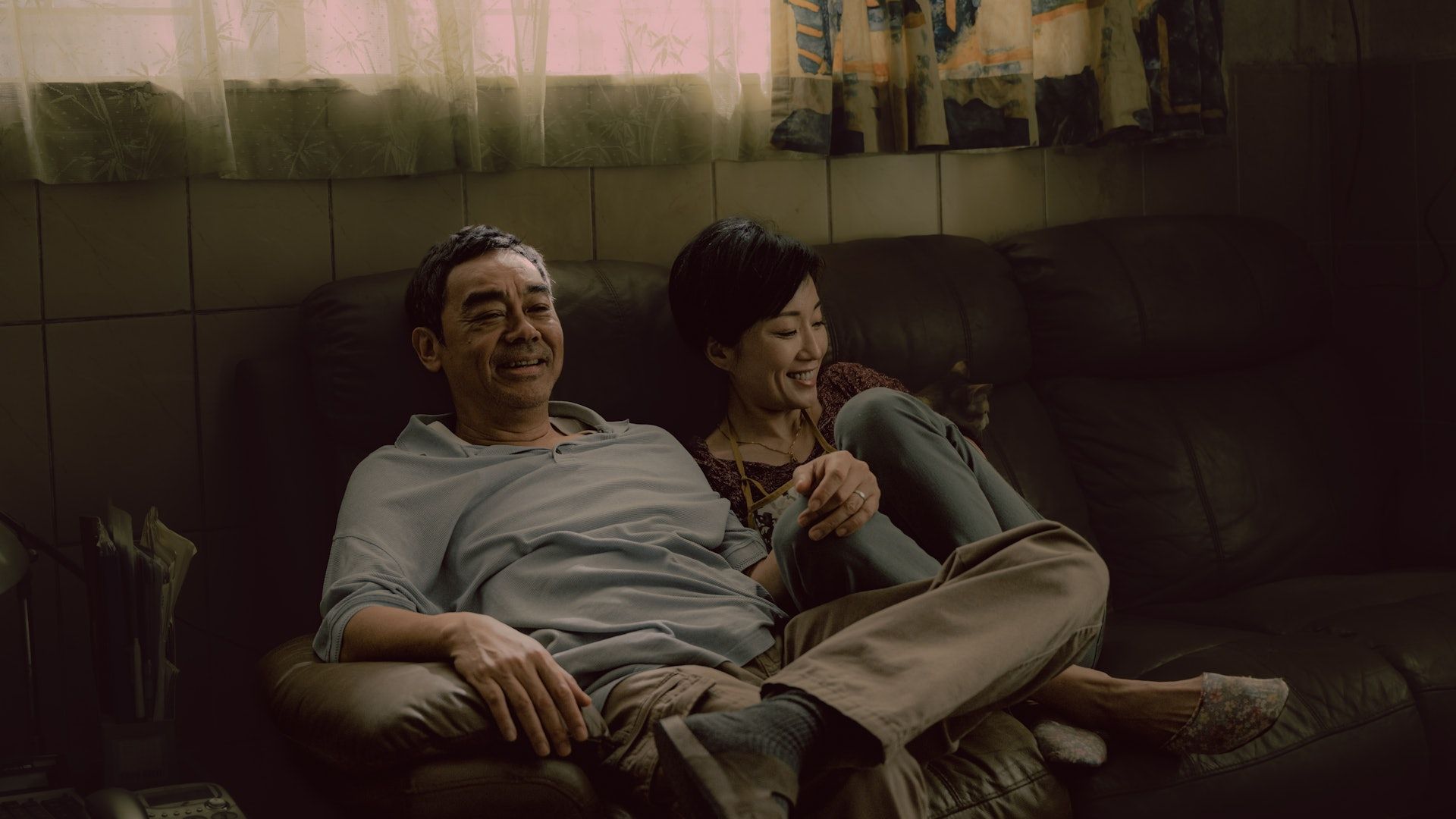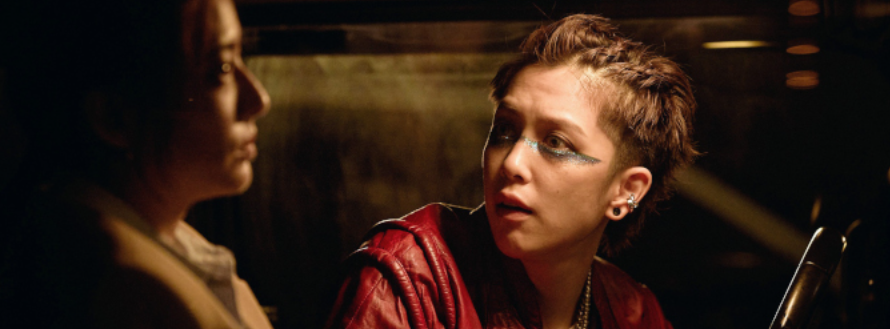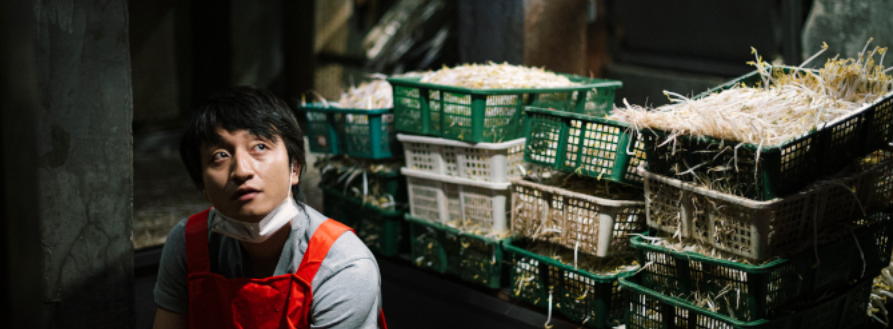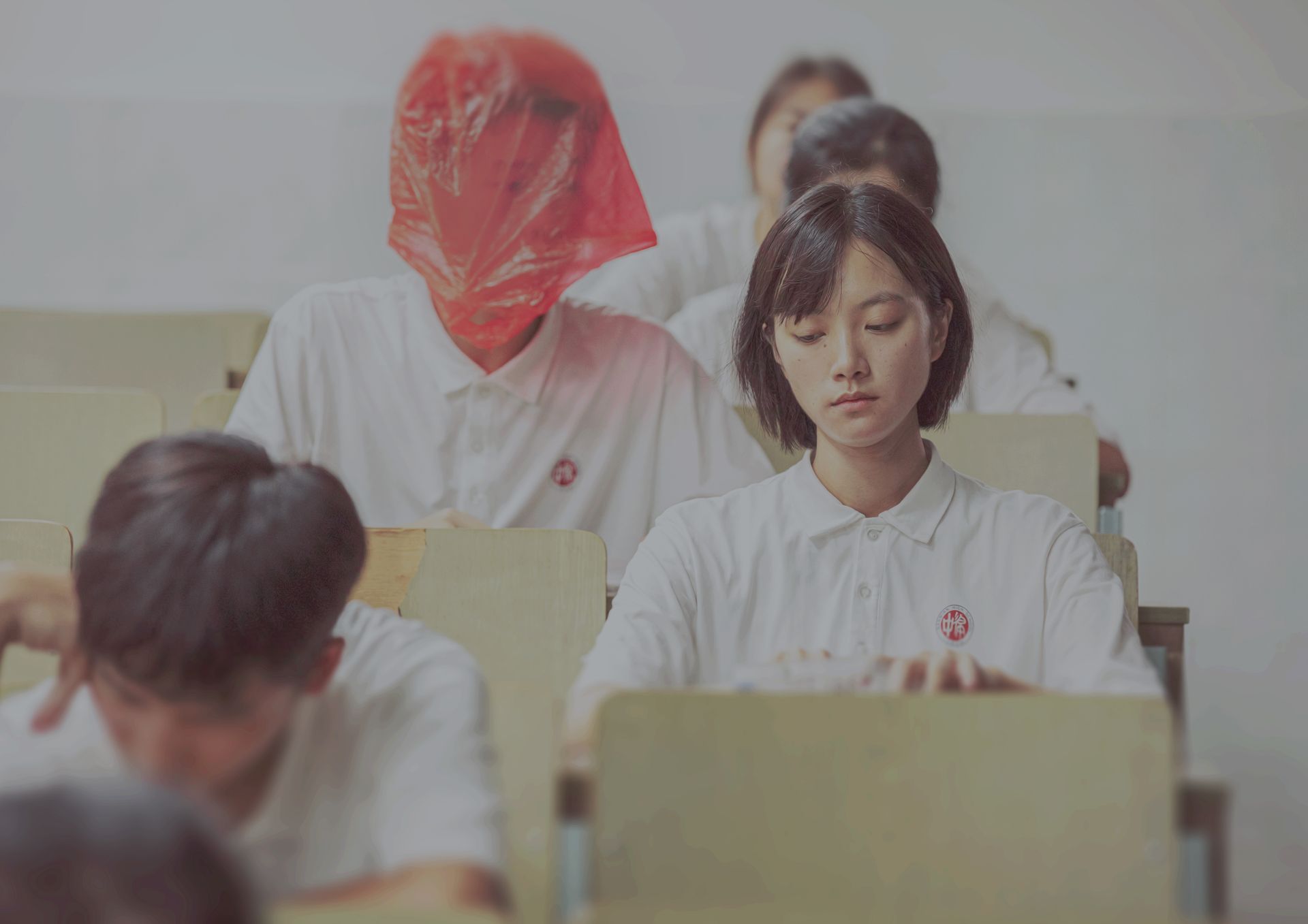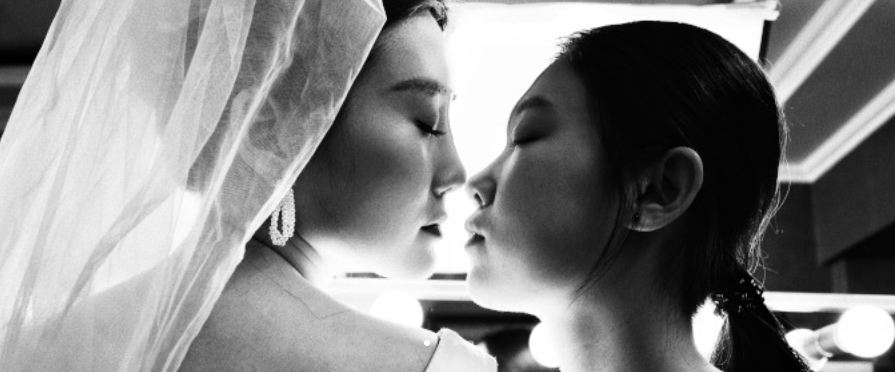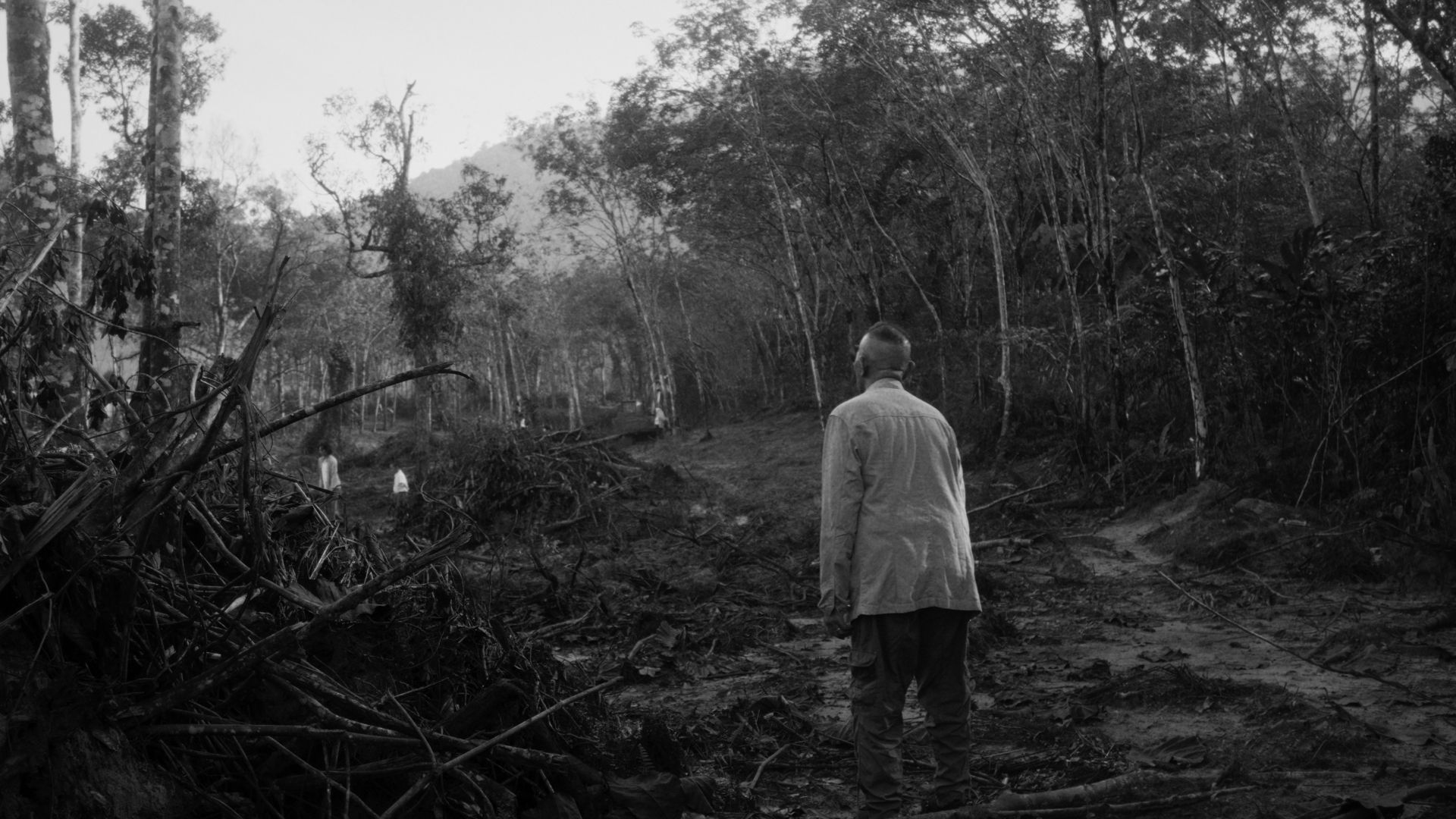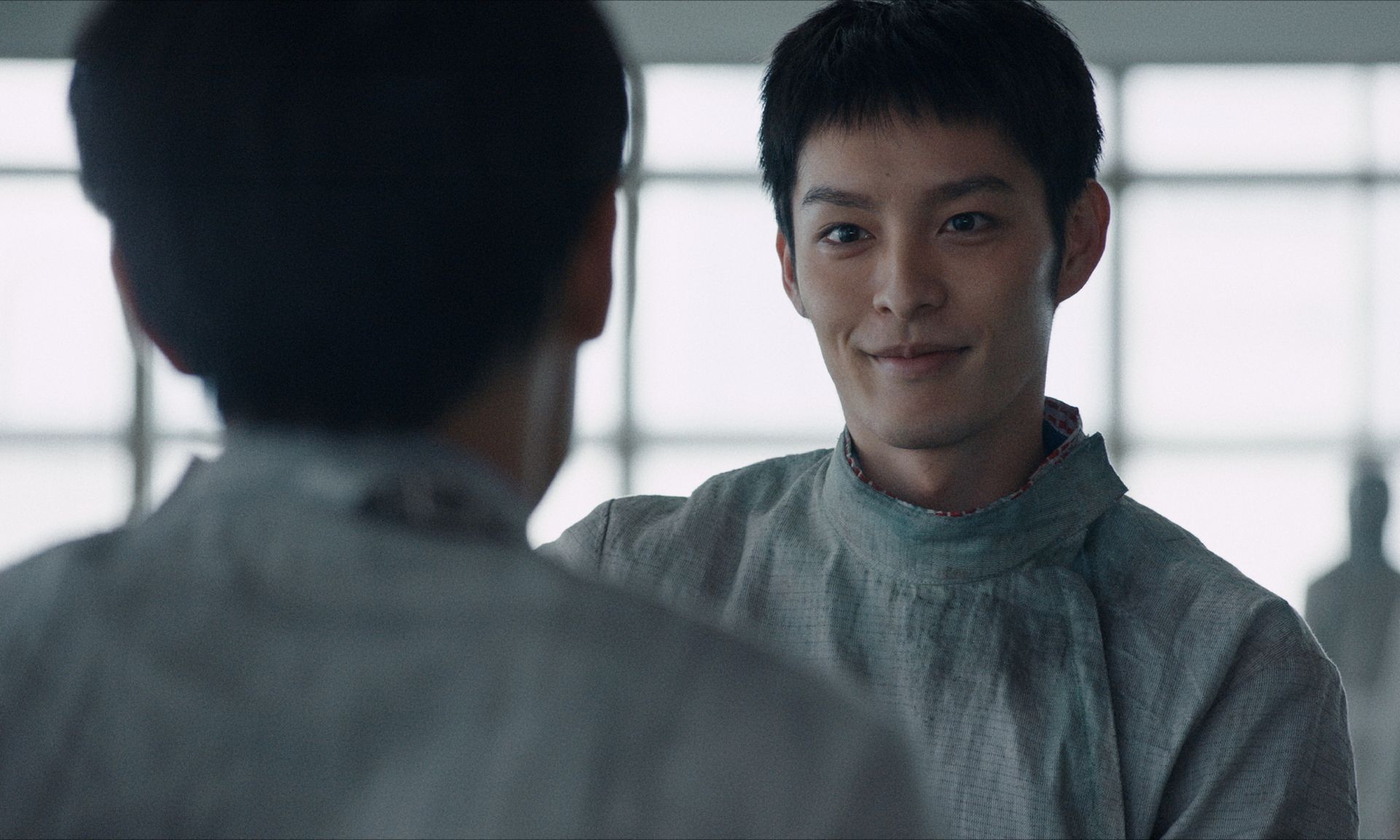Film Review #45: IRMA VEP
Film Review #45: IRMA YEP
*This film review may contain plot spoilers, reader discretion is advised.*
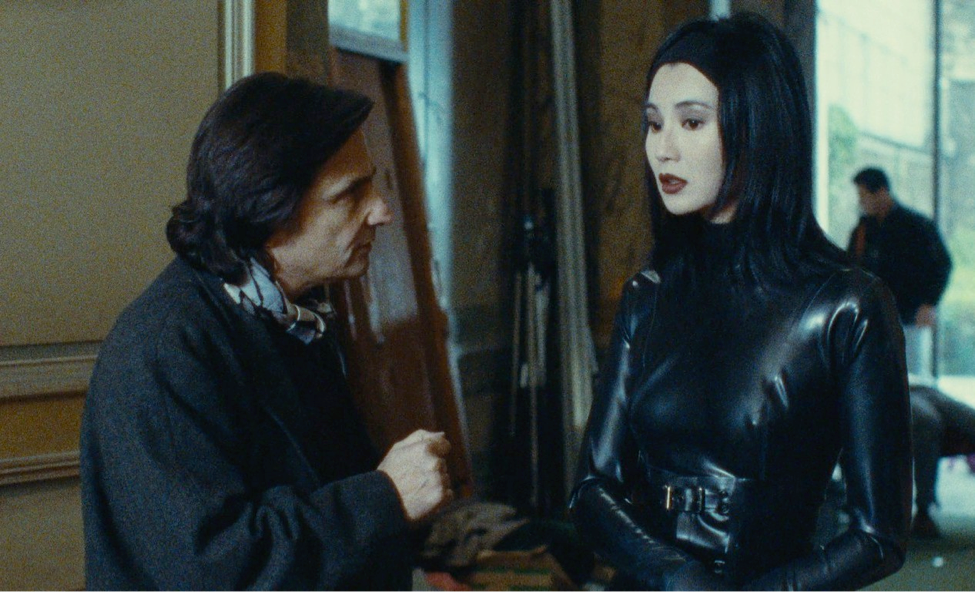
Film still from Irma Vep
What is it truly like behind the scenes of a film production? There is enough chaos and despair in life as it is, but then there is filmmaking. The process of making one is long and tedious. The concept of film has been around for maybe decades, and today the media is more relevant than ever. A lot of people have been to a film screening, but not many would take the time to go watch behind-the-scenes footage, perhaps to refrain from breaking the magic of how the film is made. Pain is quite universal, especially when it applies to creating art. Sometimes you might even see a production crew on the street having a shoot, enticing you to wonder what they might be doing. Maybe it might even be rewarding to watch a film after knowing how much effort is behind making one. Irma Vep may be a comedy about making films, but it never does shy away from being a worthy homage to the art of filmmaking, and as a reminder to those who enjoy making it in the first place.
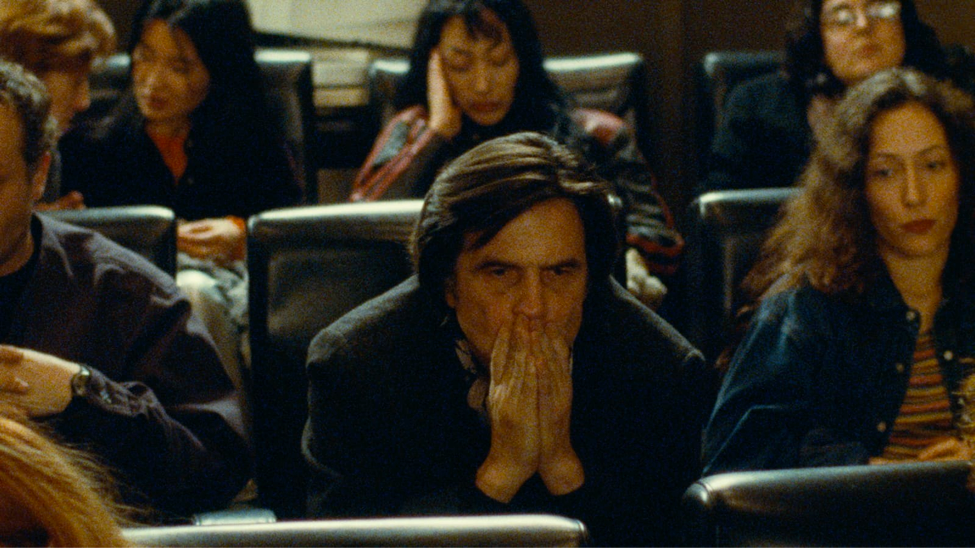
Film still from Irma Vep
Directed by Olivier Assayas, the film depicts the painful process of filmmaking through the remake of the old French film series entitled Les Vampires with Maggie Chung as the main lead. This decision would prove to challenge Maggie’s communication with the film crew due to the difference in language and culture. Exactly like how miscommunication is quite prominent on set, and different departments get into trouble for not fulfilling their duties. That is the main source of most of the problems on set: People are not incompetent but only because they are not working together.
Relationships turn sour, which leads to unwanted interactions. There is no escape from office politics. Maggie Cheung's involvement allows us to see from an outsider’s point-of-view, outsider in the sense that she does not have much knowledge of the country’s on-set culture or the language. This prevents her from understanding the arguments on set that unfolds, and thus has difficulty trying to help. Perhaps similar to someone who has never worked in the industry and would have trouble understanding the jargon the crew uses, or casual problems that each department would face. But to those who do understand, these moments would hit differently. Watching the chaos unfold is actually quite sentimental, providing some sort of cathartic relief for it is nice to laugh off the pain sometimes.
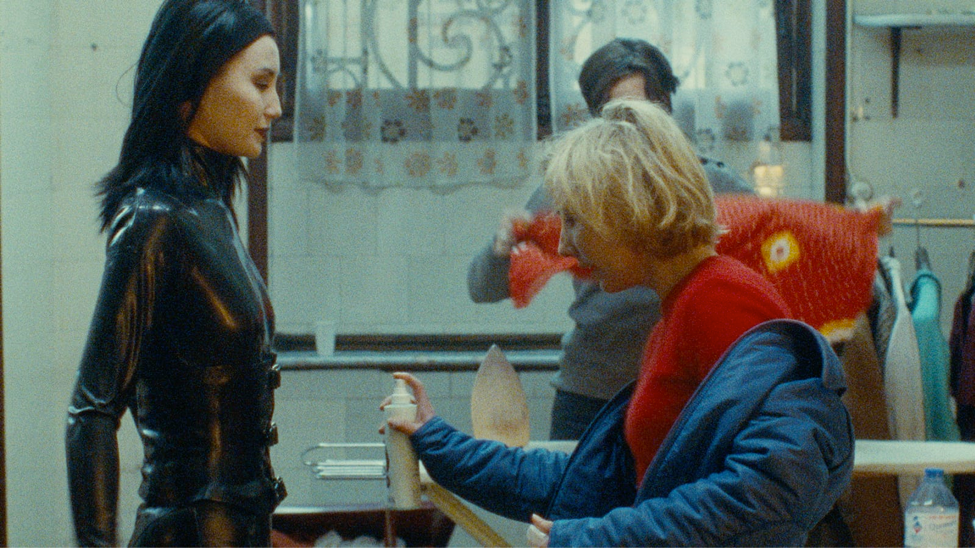
Film still from Irma Vep
There is still a calm after the storm. This refers to the post-shoot gatherings some departments have together, perhaps going for dinner or drinks together. A jovial member of the wardrobe department by the name of Zoé brings Maggie to dinner with other crew members. These gatherings are where all the best gossip and rants are, but really they are trying to find comfort to push through the next day of shoot. However, there would be times when it is the worst day of being on shoot. That would be when the personal life of a crew member intrudes, especially if it is the director. The director is the one who answers all the questions on set, and would have the final say most of the times.
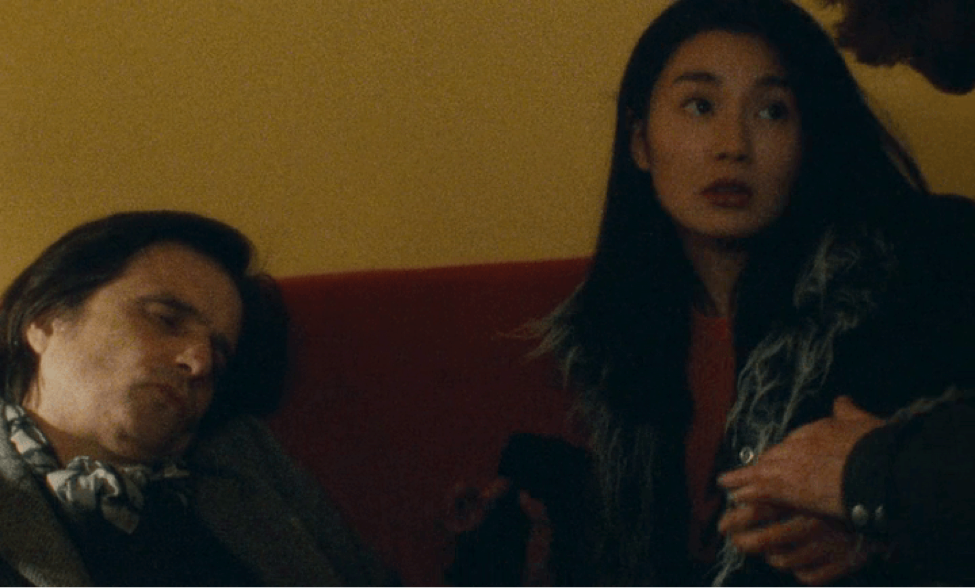
Film still from Irma Vep
This film explores that scenario where someone important does not turn up, and it is rather frightening. The crew might come to a standstill because of the buildup of exhaustion, or they might not feel appreciated for they themselves have their own personal matters to attend to. But here they are on set, unable to do the things like spend more time with the family or just have a break. It is heartbreaking to see someone who is passionate about their craft unable to do the work they set out to do. Whether it is falling ill or not being mentally sound, in the end we are just human beings. Our mortality will always remind us how fragile we are: We fall sick, age and can actually die. So there is no time to waste, but to keep trying. Make the movies we want to make, and to watch the ones we want.
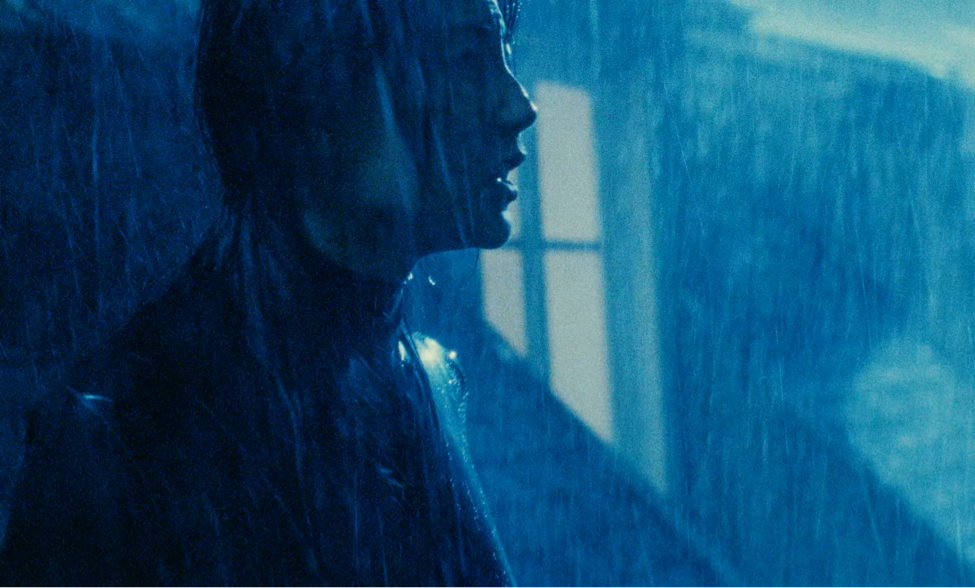
Film still from Irma Vep
Irma Vep proves to be a worthy homage to filmmaking without addressing it directly, and audiences who grow up watching films would appreciate watching this one. There is just too much suffering in life to not watch films. Friedrich Nietzsche’s book entitled Birth of Tragedy talks about how the Greeks of old have theater to provide emotional relief through the tragedies that happen on screen. This allows the audience to have closure on their own tragedies that they might not have been able to process when they occurred. No one can ever truly prepare for a really bad day. Maybe it can be time to take a breather on life, and watch a film. There was a whole crew of people that made that film possible, and it was all for you. Enjoy.
——————————————————————————-
This review is published as part of *SCAPE’s Film Critics Lab: A Writing Mentorship Programme, organized by The Filmic Eye with support from Singapore Film Society and Sinema.
About the Author: Donovan Wan studied Film at the School of Art, Design and Media. He spends his free time freelancing on shoots and doing voice overs for commercials. He is an aspiring cinematographer and hopes to continue making short films or perhaps a feature someday.

